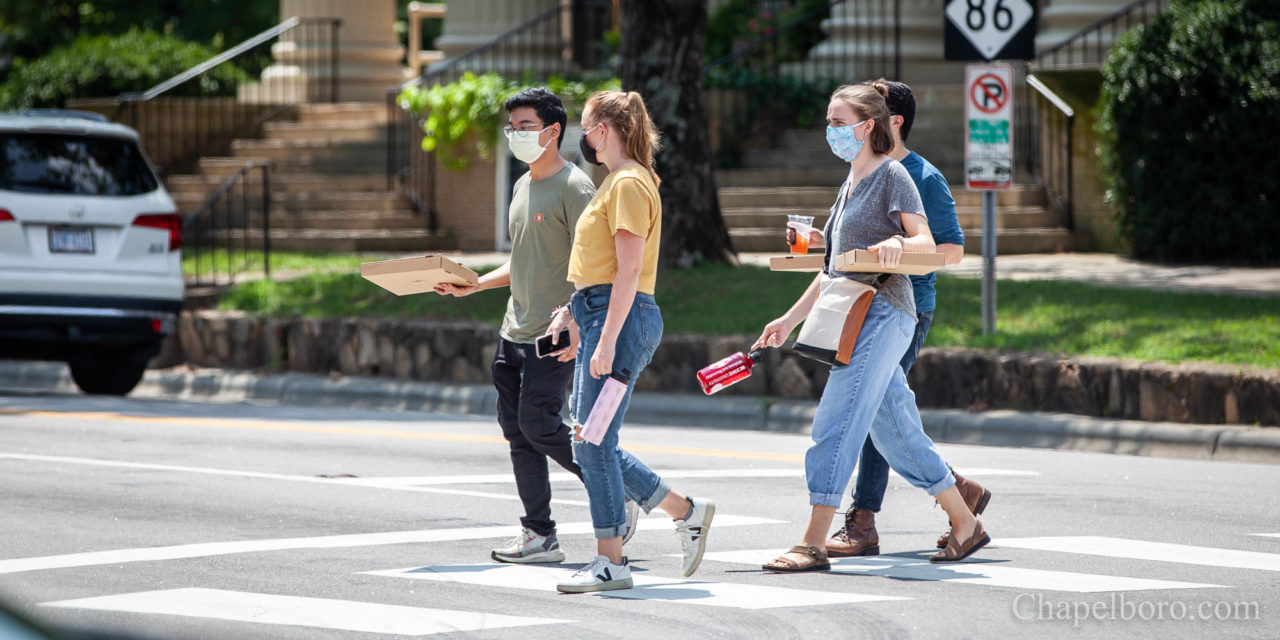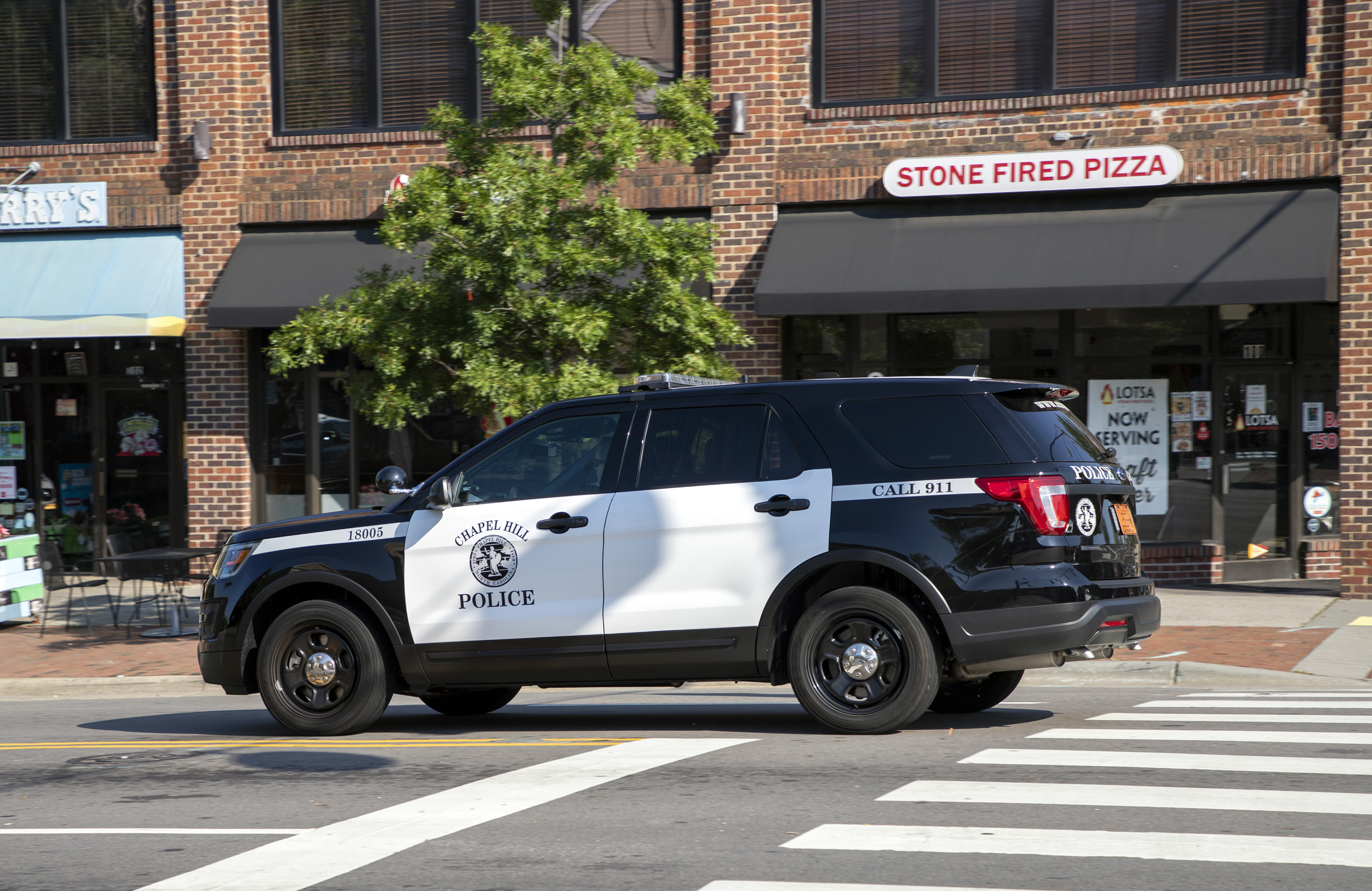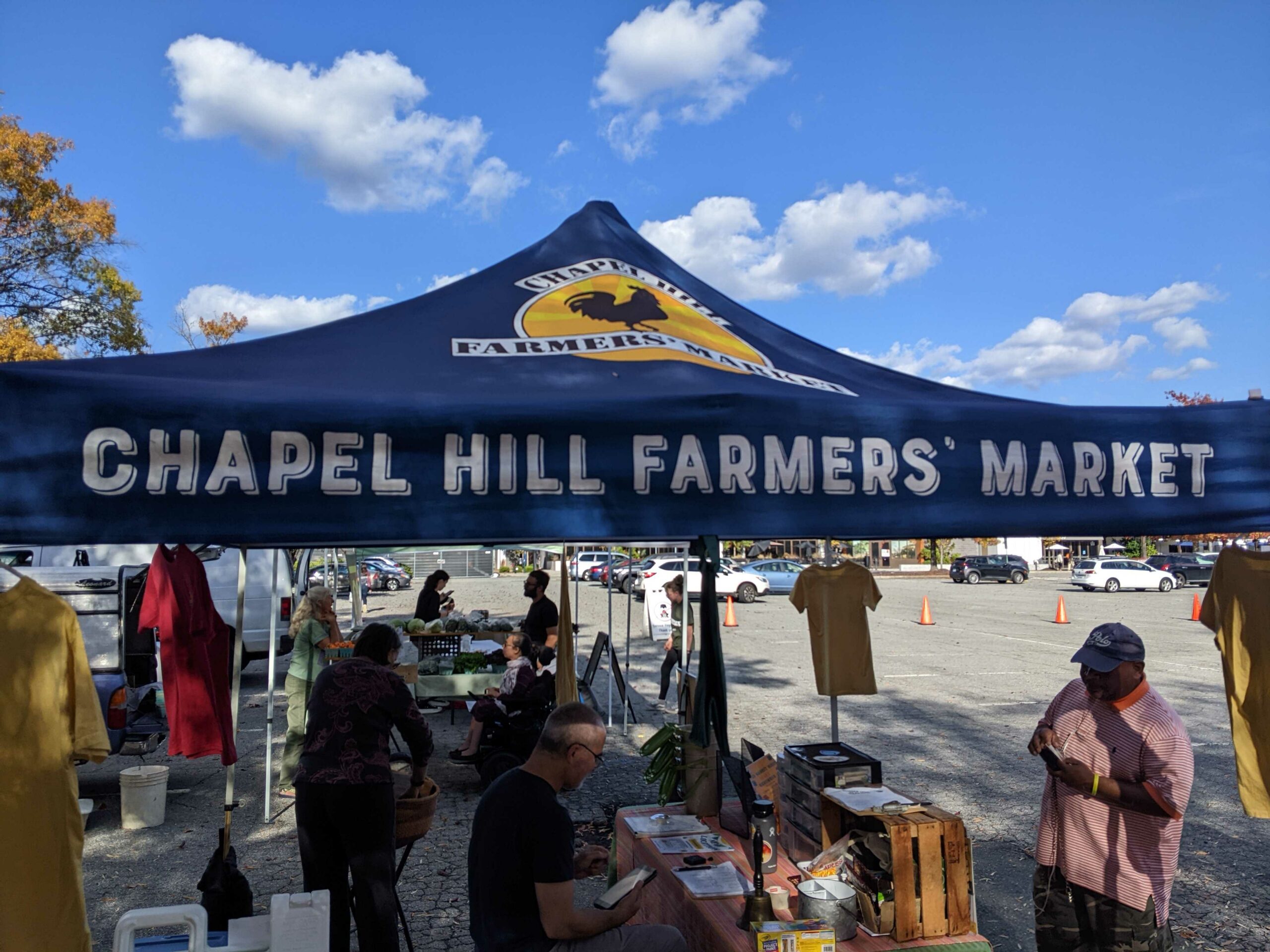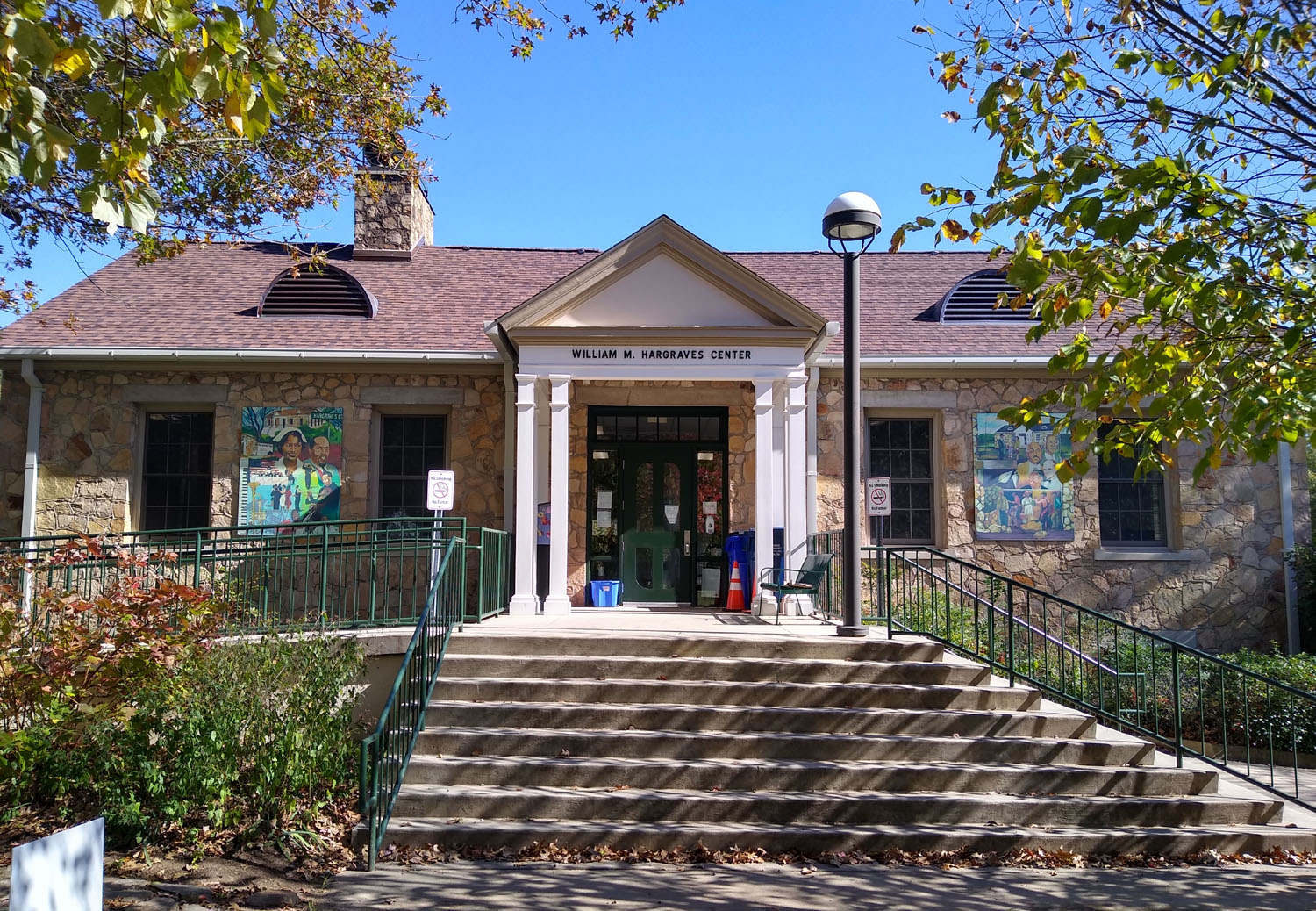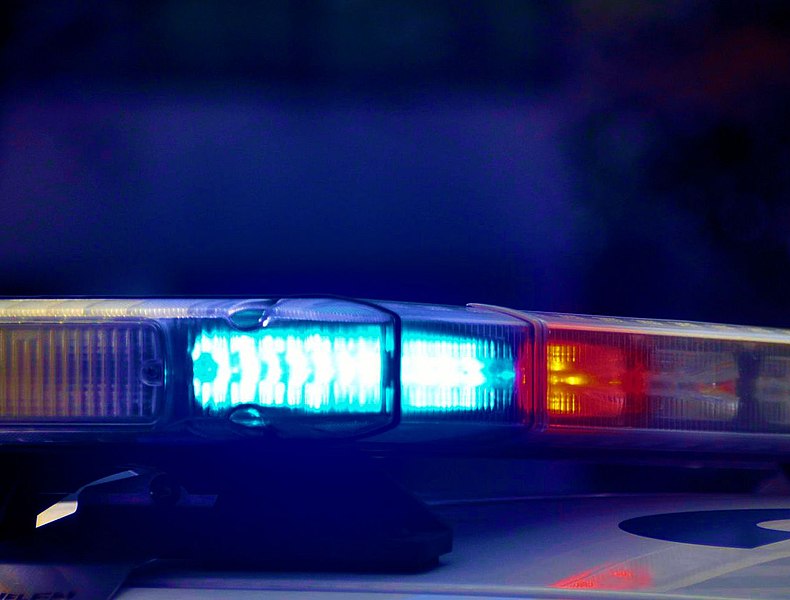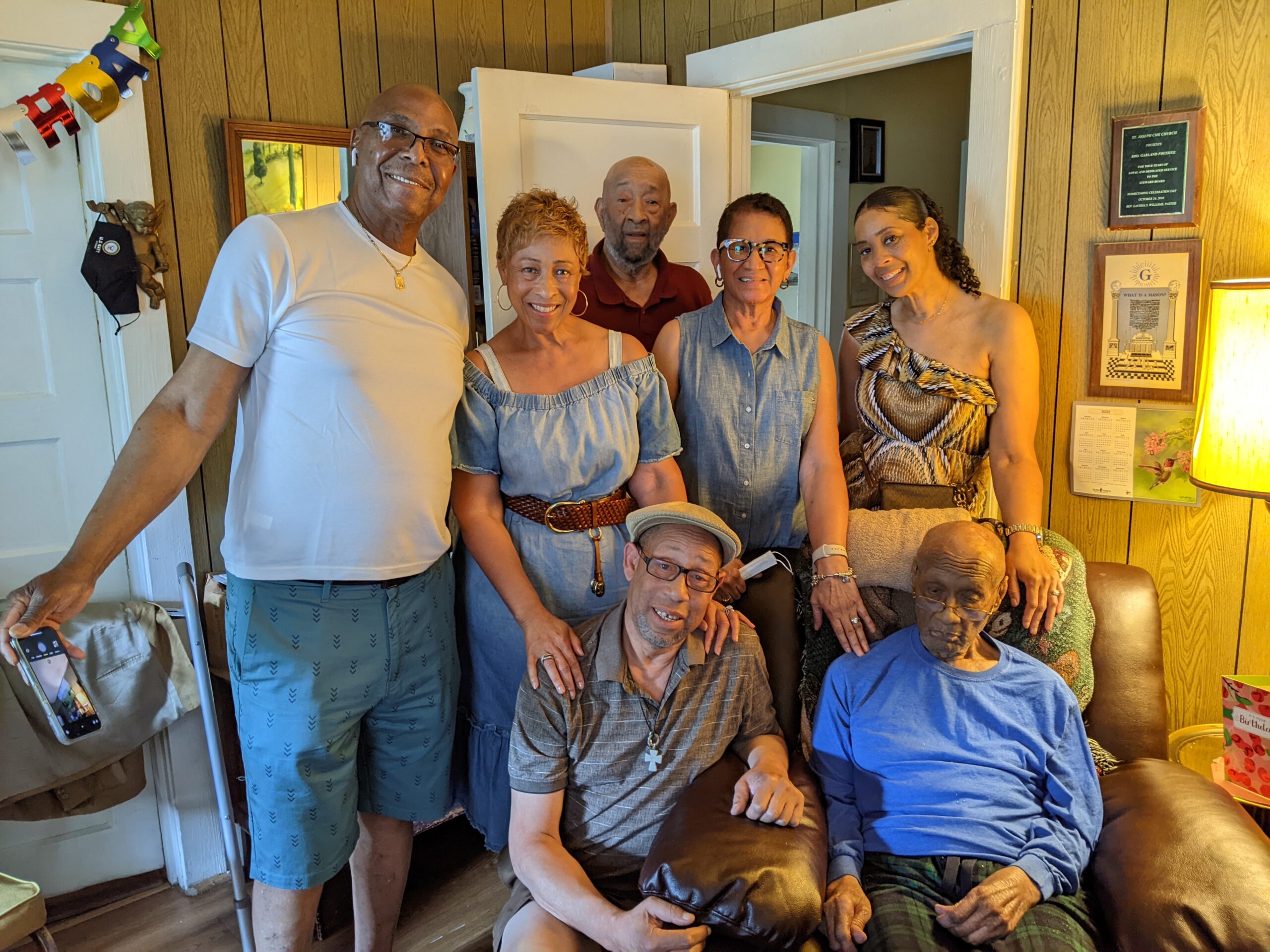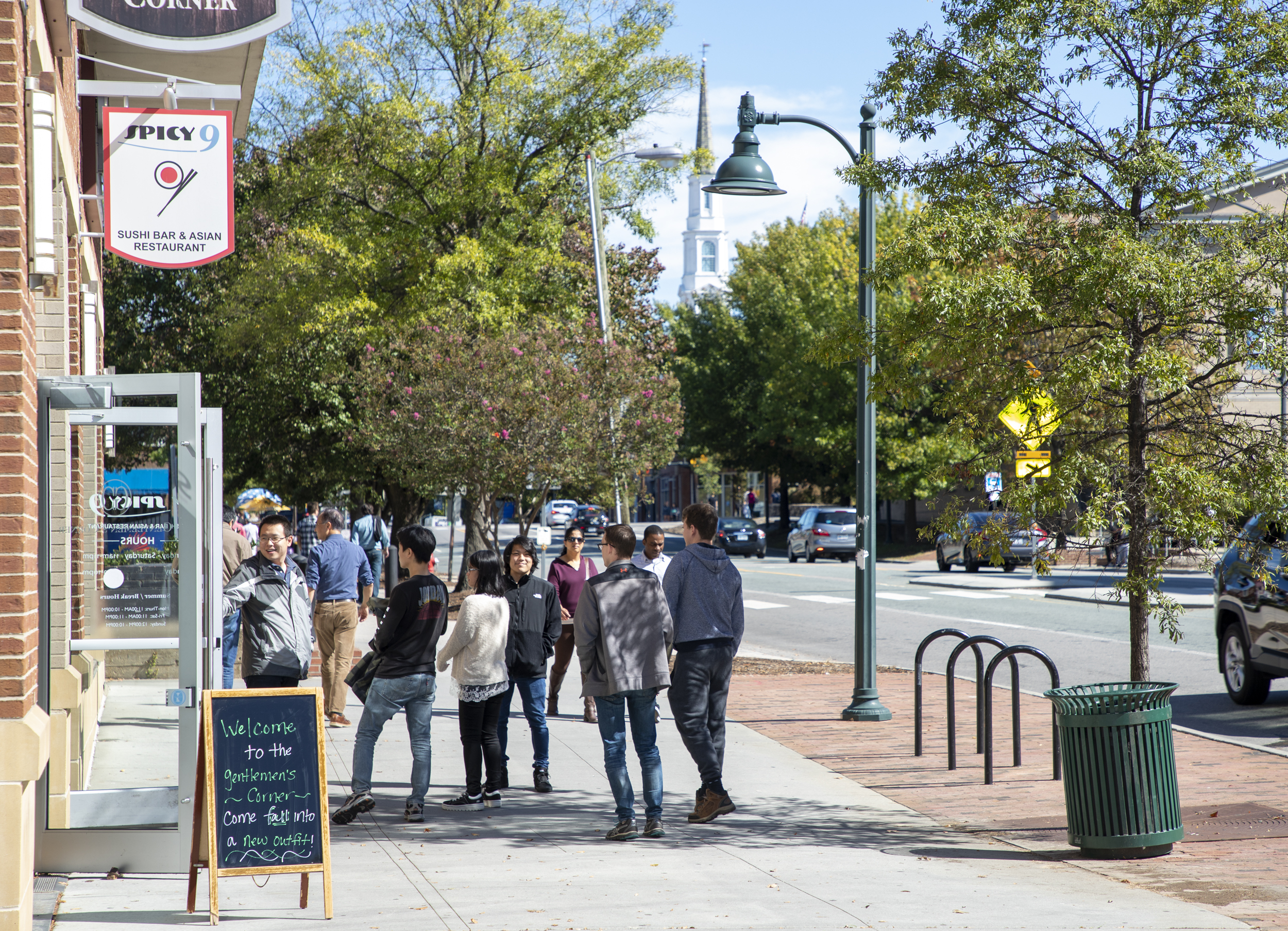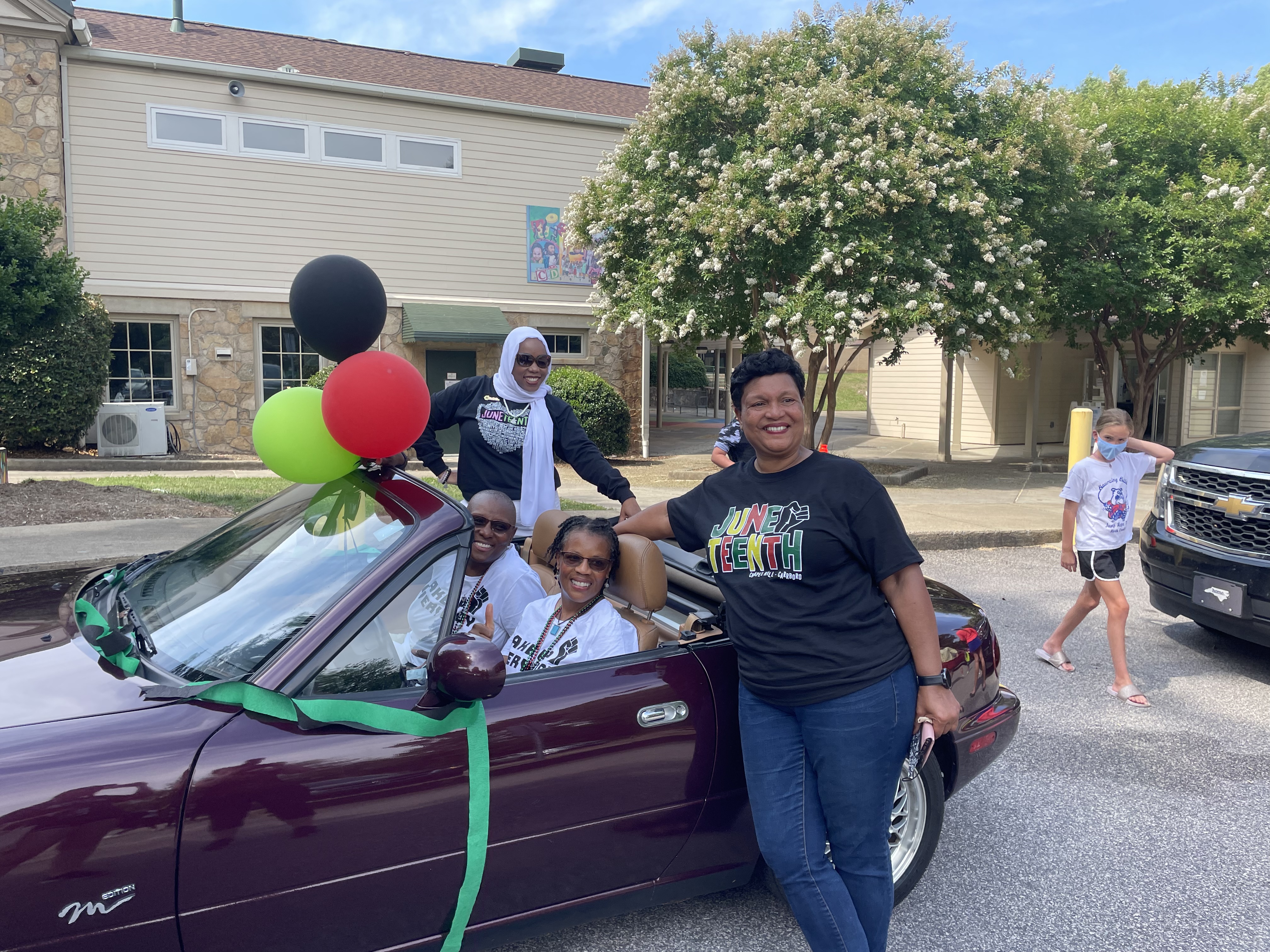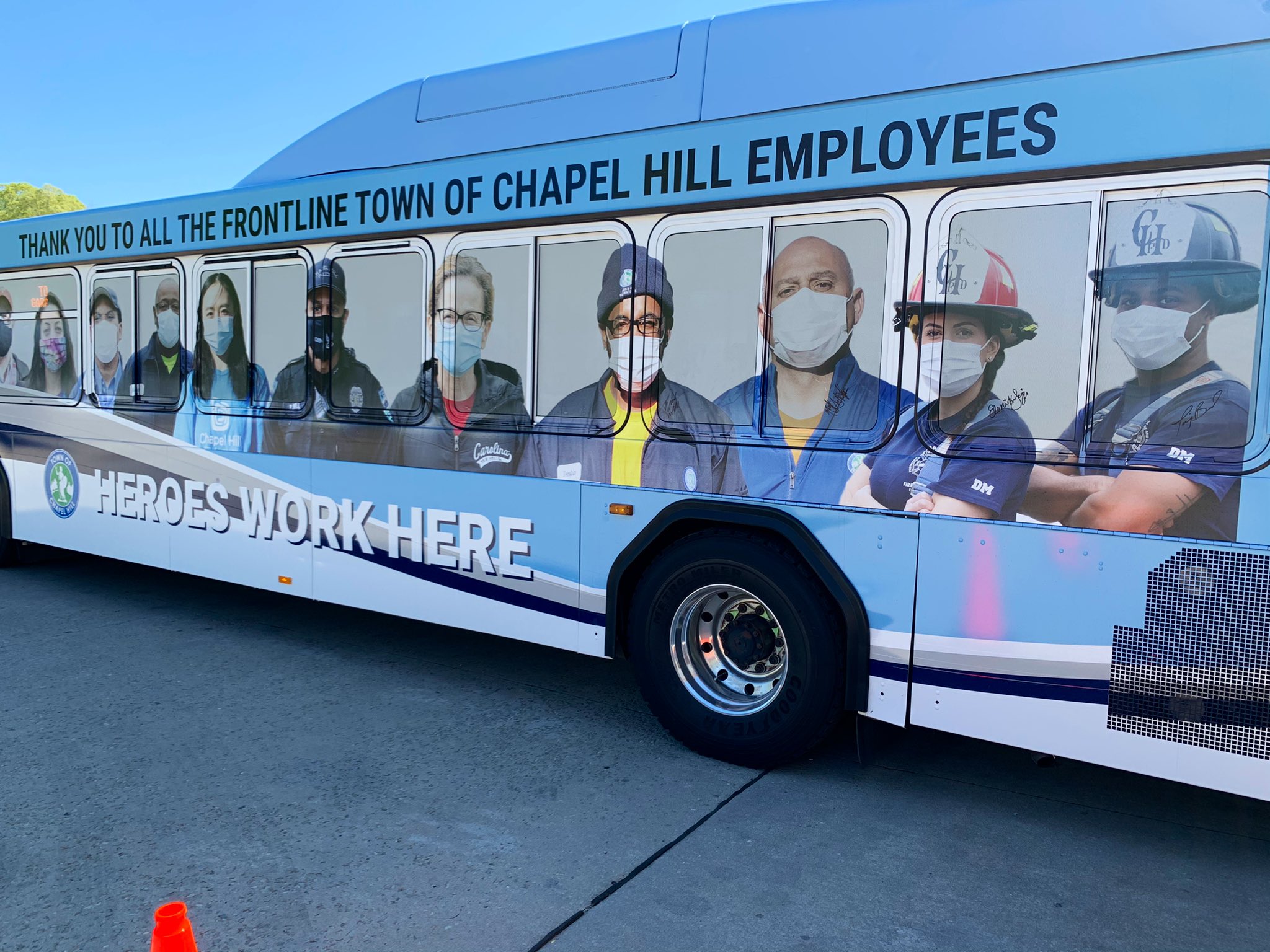Even before UNC classes began this week, videos of students around the community failing to follow public health guidelines sparked responses and concern. An annual initiative is ramping up in an effort to make off-campus students aware of the impact of their actions.
George Barrett is the executive director for the Marian Cheek Jackson Center in Chapel Hill. Part of his role is helping UNC students, like he was, engage with the historically Black communities of the town. He says those efforts have become more important to help provide context to where students live.
“For the past 20 years within Northside, Pine Knolls and Tin-Top [communities],” says Barrett, “there has been an influx of student rental investment properties. Students have moved into the neighborhood and residents very much see students as a part of their community. We do the work to try to educate students about this community, about Northside.”
This year, the Jackson Center’s efforts have been amplified by the COVID-19 pandemic. With the virus disproportionately affecting Black communities across the country, Barrett says the Northside neighborhoods have taken many precautions to educate and protect its residents.
According to him, students moving back to these local and Black neighborhoods for the new school year introduces new challenges.
“There’s so many residents in the community that have different opinions on everything,” Barrett says, “but I’ve heard concern about seeing students walking down the street without masks. [People] are wondering how things will be enforced, not just by the town, but by the university. Are students coming back in full capacity? I think there’s a lot of potential concern for what this means from a health perspective.”
Many others have expressed worries about the in-person classes at UNC. Local government officials, like Orange County Health Department Director Quintana Stewart, have voiced hopes the university would move courses to a remote model like local school districts. A recent demonstration was also recently held on campus to highlight the threat to public heath.
These problems are some of the reasons the Good Neighbor Initiative exists, with or without a pandemic. Run by representatives for the towns of Chapel Hill and Carrboro as well as UNC, the partnership works to connect students with groups like the Jackson Center to help them be mindful to other community members while living off-campus.
Aaron Bachenheimer serves as the university representative for the initiative. He says the messaging sent to off-campus students reflects the changes in recent events, including the pandemic and importance of understanding the history of neighborhoods.
“We’re really trying to focus the Good Neighbor Initiative on three areas,” Bachenheimer says. “One is the traditional good neighbor stuff, [like being mindful of] noise, trash and parking. [The second is] public health and then third, is really tying in this element of what does racial equity and justice look like. And we think there’s a lot of overlap between all of those elements.”
There are ways community members are encouraged to address concerns about students’ actions that may endanger public health. Residents can fill out a referral to UNC’s Office of Student Conduct, which is reviewing actions that violate the university’s community health standards. Local officials have also said law enforcement will be issuing citations to gatherings that violate state or local orders.
Bachenheimer also suggests a direct way of addressing concerns as well, one that allows for conversation and potentially growth.
“Talk to students as you see them,” he says. “Talk to them like adults, with care and concern. I’m concerned about treating students like they’re somehow interlopers in the community.”
But according to Barrett, residents of the historical Black communities believe its important for students to act like they are part of the neighborhood too.
“This pandemic is really forcing a lot of people to think beyond themselves and about their whole community,” he says. “Northside is a community that very much thinks about the whole Black community and how all their actions affect the people around them. I think neighbors, [by] viewing students as part of this community, are wanting them and expecting them to have the same standards of behavior.”
Chapelboro.com does not charge subscription fees. You can support local journalism and our mission to serve the community. Contribute today – every single dollar matters.

